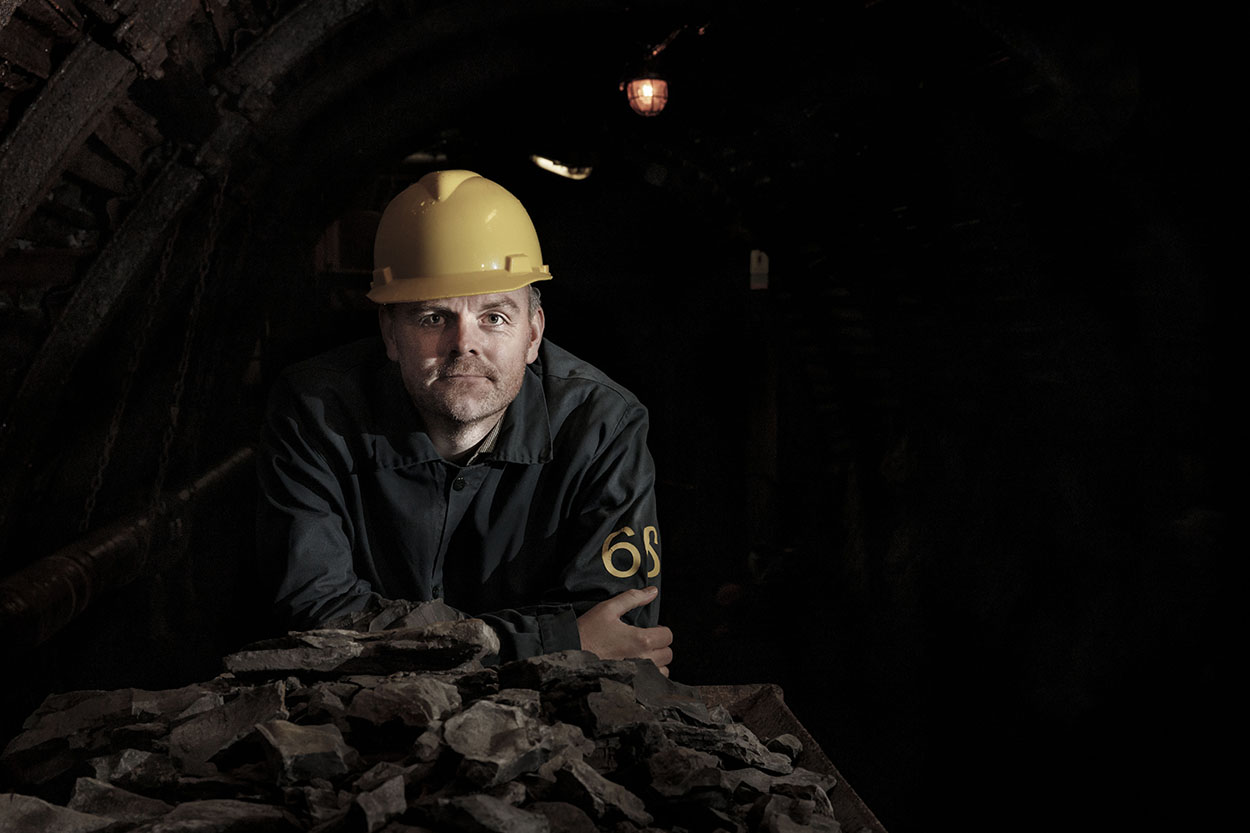Between two cultures
She is renowned among her colleagues for her Thai snacks. For a work excursion she once made no fewer than 120 spring rolls. “With my mother’s help, otherwise it would’ve taken all night,” she laughs. She is the only child of a Thai mother and a Dutch father, and during her studies developed a love of Italian cuisine too. Melline Somers, a postdoctoral researcher at ROA, discusses life between two—or even three—cultures.
As far back as she can remember, there was always plenty of food in the house. “My mother often cooked three different meals: Laotian dishes for herself, Thai for me and meat curries for my father.” Her mother hails from the Isan region in north-eastern Thailand, close to Laos. “It’s very different from Thai cuisine, they use a lot of fermented products. I don’t like the taste or smell,” she says, making a face. “But I really like Thai cuisine, with lots of vegetables, and my father mainly wanted meat. Occasionally she also cooked Dutch food for us. She swore that she made better pea soup than many Dutch people, and Friday was frietdag: chips!”
First memories of Thailand
Her parents, now divorced, met when her father was holidaying in Thailand. Her mother was 18 when she joined him in the Netherlands. “They loved each other, but it was probably also a way for her to build a different life for herself. The irony is that my father now lives in Thailand and my mother in Eindhoven.”
After Somers was born they regularly visited her mother’s family in rural Thailand. “My first memories are from when I was about six years old. It was quite primitive, and naturally I was used to something quite different.” She has fond memories of the amount of time they spent together in the village. “Usually the whole family eats on a large rug spread on the ground outside.” These days, she sometimes finds it challenging to be in Thailand. “I don’t speak the language. As a kid I was a bit of a smartarse, I’d say to my mother: ‘You’re in the Netherlands now, so you have to speak Dutch with me.’ Now I find that very unfortunate, because she wanted to speak Thai, and as a child you learn a second language so easily.”
- Text continues below the photo -
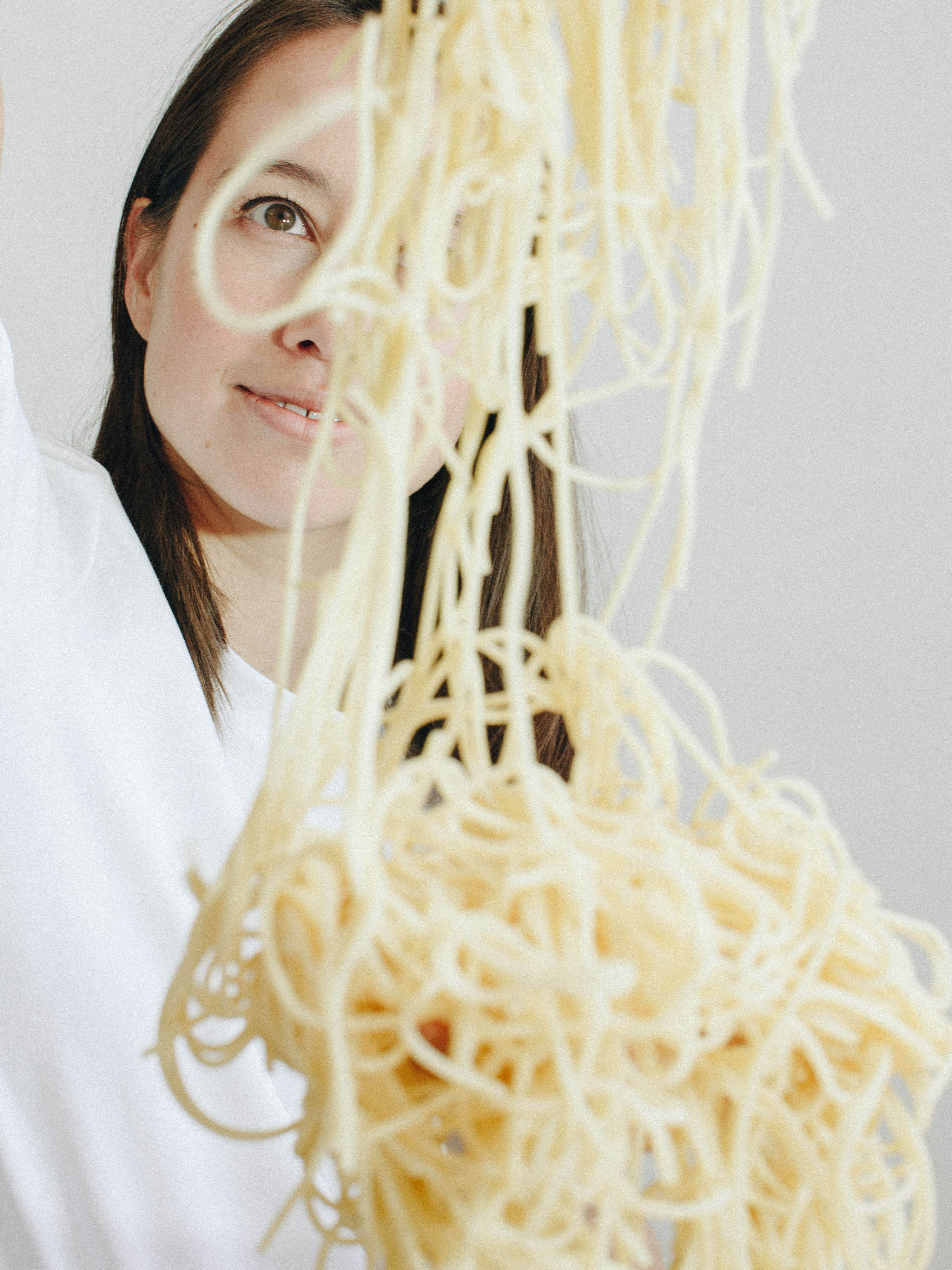
Melline Somers is a postdoctoral researcher at the Research Centre for Education and the Labour Market (ROA) at Maastricht University. Her research focuses on the flexibility of education systems and social inequality in educational outcomes, and the effect of technological change on inequality in the labour market. She studied Business Economics at UM and obtained her PhD on the mismatch between education and the labour market.
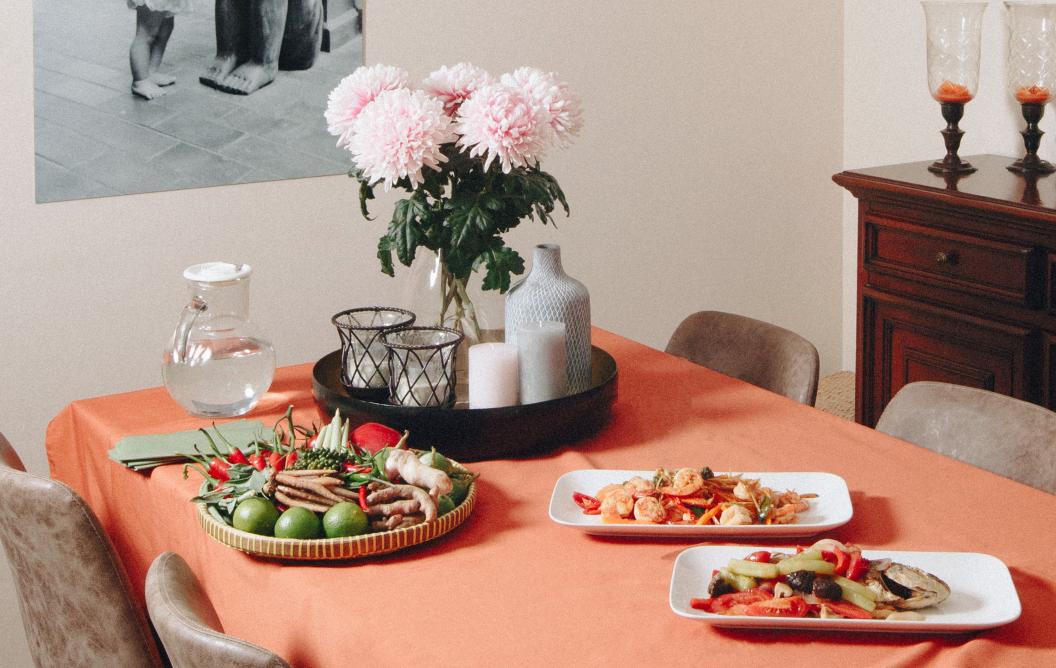
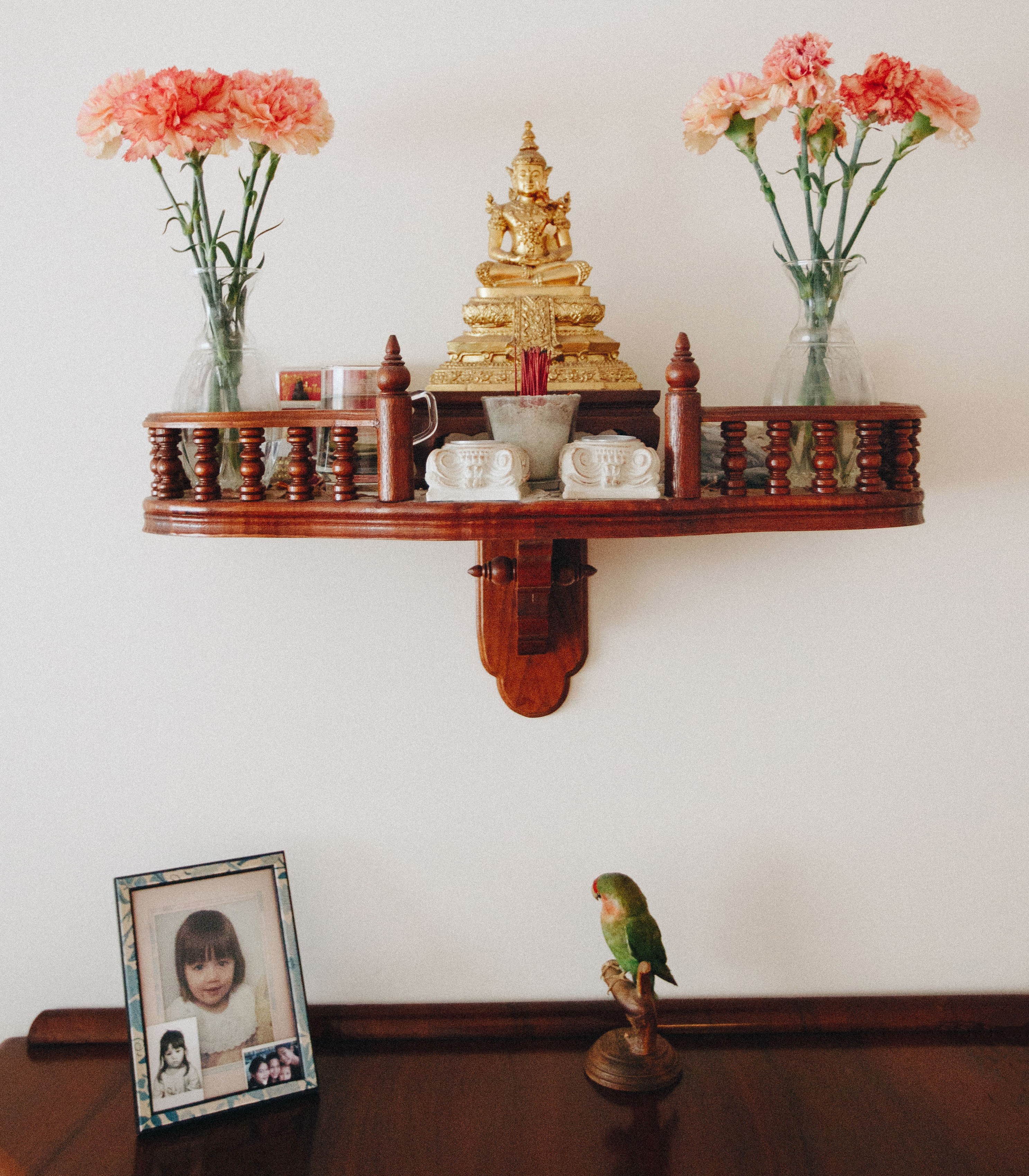
A better life
Her mother never went to high school. She was a good pupil, but a lack of money meant she was sent out to work. “I have a very good relationship with my mother. She’s a wise woman and supports me in all my choices. She’s always worked hard. Sometimes she dreams of having her own catering company, but starting something like that is such a risk.”
When Somers turned out to be good at school too, her parents were keen for her to study whatever and wherever she wanted. But after high school, she wasn’t immediately sure what road to take. “I mainly wanted to earn money. I had the fairly naïve attitude, ‘I’ll study economics and become a businesswoman.’ It was only during my master’s, when I first did research on education and the labour market, that I discovered I really like and value these social themes. That’s when I knew I wanted to continue in research or policy. Making pots of money is not the most important thing.”
Food is not purely functional
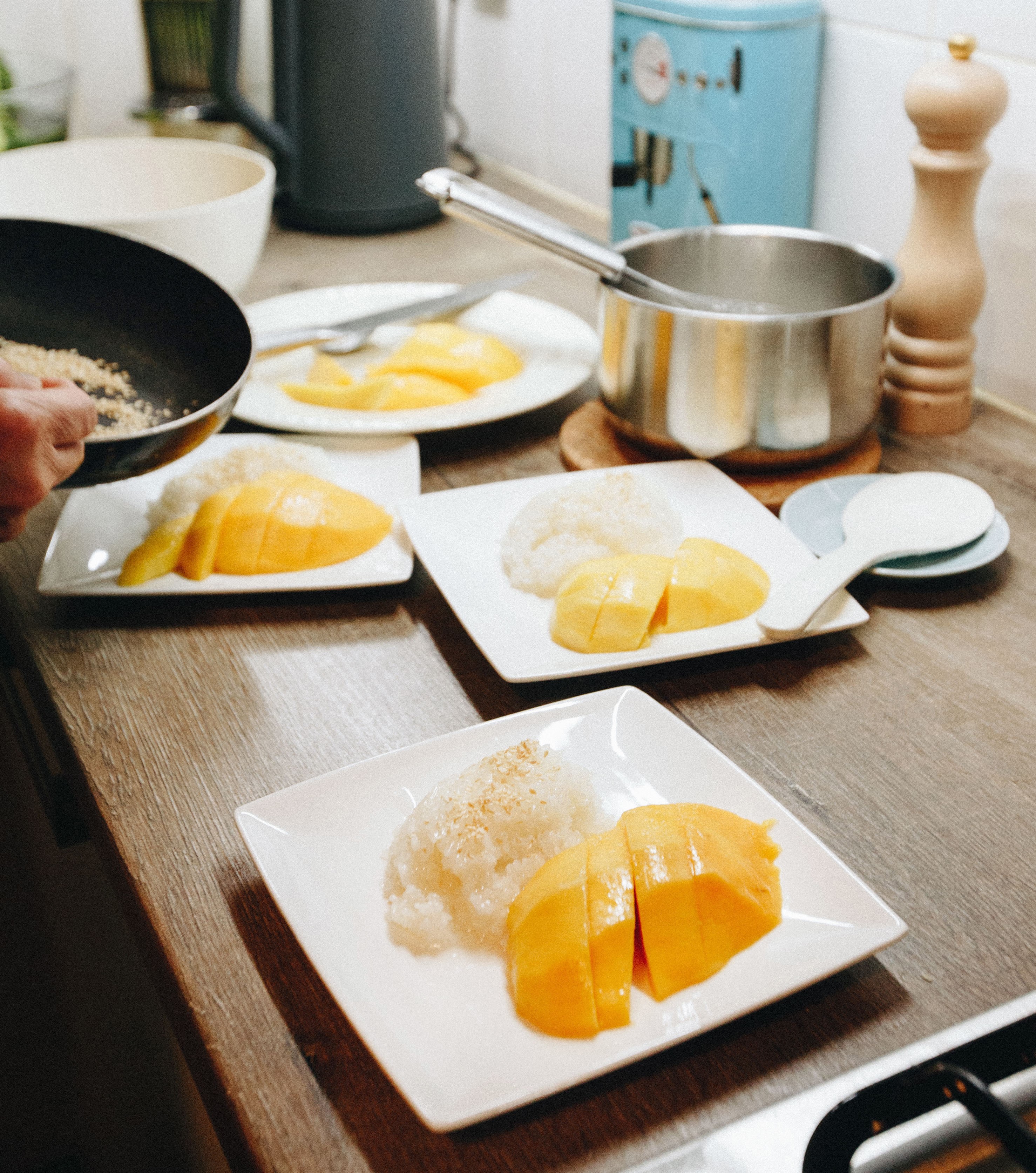
During her studies she spent time in Italy, where she fell in love with Italian cuisine and hospitality. “I have an ex-boyfriend from the south of Italy. He came from a fishing family and food was a big thing for them too. What I like about Italy is that a large part of the day revolves around food, and they spend a lot of time sitting around the table. When you go to a restaurant in Thailand, many delicious dishes appear on the table all at once and often you’re outside again within half an hour. Lingering at the table is rare there. I like good food and having long, personal conversations around the table. I have a Dutch boyfriend now and, unfortunately, his family is very fond of games. After dinner, they clear the table quickly to make room for the board games.”
As she sees it, life in Italy and Thailand revolves more around food, whereas in the Netherlands food is mainly functional. “Dutch people are super nice once you get to know them. It just takes a little longer here to get invited over for dinner. People are more relaxed about that in Italy and Thailand. When I was young, anyone could join us for dinner at the last minute, so friends of mine often ate with us. That wasn’t possible if I was playing at their house: they only had three pieces of meat.”
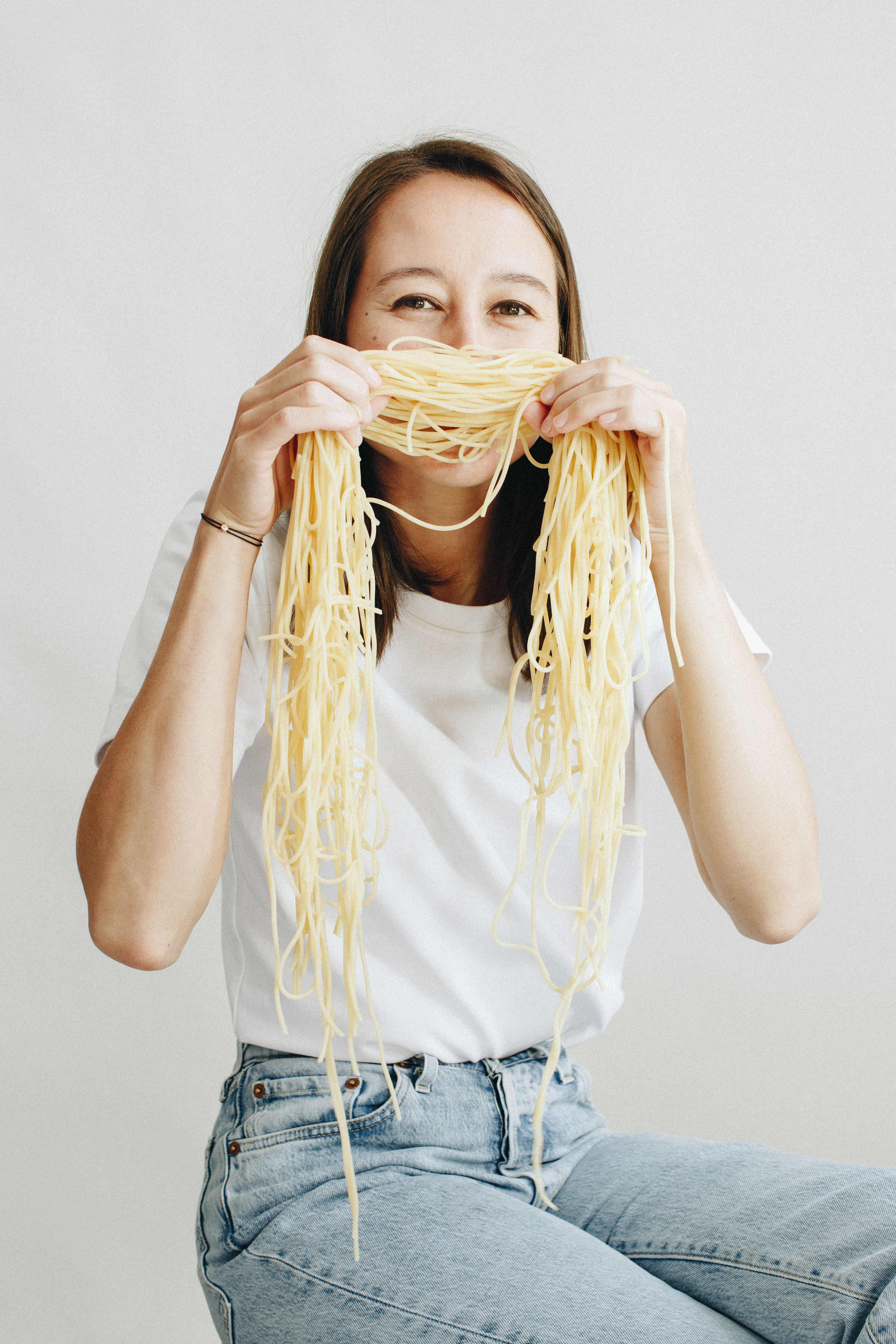
Not your average Nederlander
At the end of the day, Somers feels more Dutch than Thai. “Though I often say things like ‘the Dutch do this’ or ‘the Dutch do that’. After all, I was raised by my mother and that makes me feel different from the average Dutch person. I know how to behave in Thailand, but sometimes I struggle with the fact that it’s very much about the form. In Thai culture, you’re not allowed to speak loudly, touch the head of an elderly person, sit on a cushion ... Sometimes I feel like you’re judged according to those rules, whereas to me it’s more important that your intentions are good. Thai people don’t really share their emotions either, so when my mother thinks something’s up, she’ll ask, ‘What do you want to eat?’ Then she’ll make pad cha, a dish with fish or prawns and lots of chili peppers, but also fresh young peppercorns, krachai [similar to ginger but fresher] and Thai basil. Very hot but so tasty, I just keep on eating while my lips are burning.” What did she like best as a child? “Chips, of course. My father always baked them.”
Text: Annelotte Huiskes
Also read
-
In recent years, there has been quite some debate surrounding the value of rakings. So the question is: do university rankings really matter that much? Fair question. In this article, SBE’s Dean Mariëlle Heijltjes and SBE’s Associate Dean Gaby Odekerken weigh in on the subject.
-
Why do humans act the way they do? To answer this complex question, Hannes Rusch has to be a bit of everything: economist, biologist, philosopher, mathematician. He recently received a €1.5 million ERC Starting Grant to develop and empirically validate an interdisciplinary theoretical framework for...
-
Things are bustling around the kitchen table of Burak Can, associate professor of Data Analytics and Digitalisation. A mix of Turkish, English and Dutch can be heard. “I speak Turkish with my children, my wife Ingrid speaks Dutch with them, and we speak English with each other.” On the menu is one...

